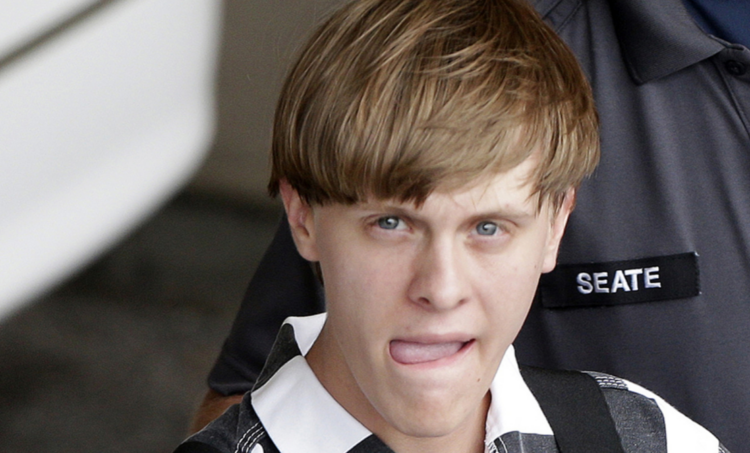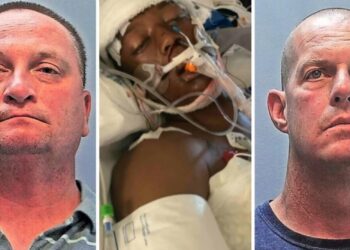Dylann Roof, the man responsible for a mass shooting in 2015, has lost the next phase of his appeal after a federal court denied his request for a new hearing to challenge his death sentence.
Fox 7 reported that the 4th U.S. Circuit Court of Appeals stated that it was denying Roof’s request for a hearing before a full appellate court and also denied his petition that a court of substitute judges from other circuits be assigned to discuss his case.
Three months following a panel of judges hearing Roof’s case in May, they made their decision to keep his conviction and death sentence upheld unanimously.
“No cold record or careful parsing of statutes and precedents can capture the full horror of what Roof did,” the judges wrote. “His crimes qualify him for the harshest penalty that a just society can impose.”
Roof then chose to ask that a full appellate court consider his case due to his claim that the panel’s decision was considering the Commerce Clause of the U.S. Constitution too broadly in his case. Government lawyers disagreed with his notion, arguing that prosecutors had already proven their case.
Related Story: Dylann Roof’s Appeal Struck Down; Death Sentence Upheld By Federal Court
On Monday, the 4th Circuit wrote it “declines to take the unprecedented step” of seeking a full substitute court to consider Roof’s request for a new appellate hearing, citing U.S. Supreme Court precedence that “only judges of the Circuit who are in regular active service may determine to rehear a case en banc.”
In 2017, he became the first individual to be sentenced to death for a federal hate crime in the United States.
Police reported at the time of the incident, Roof opened fire during the closing prayer of a Bible study at Mother Emanuel AME Church in Charleston, South Carolina, slaughtering nine people in the congregation.
The convicted murderer will be given the opportunity for a direct appeal. If unsuccessful, he could file what’s known as a 2255 appeal, which is a request for the trial court to challenge the constitutionality of his conviction and sentence. Another option is for him to petition the U.S. Supreme Court or seek a presidential pardon.















